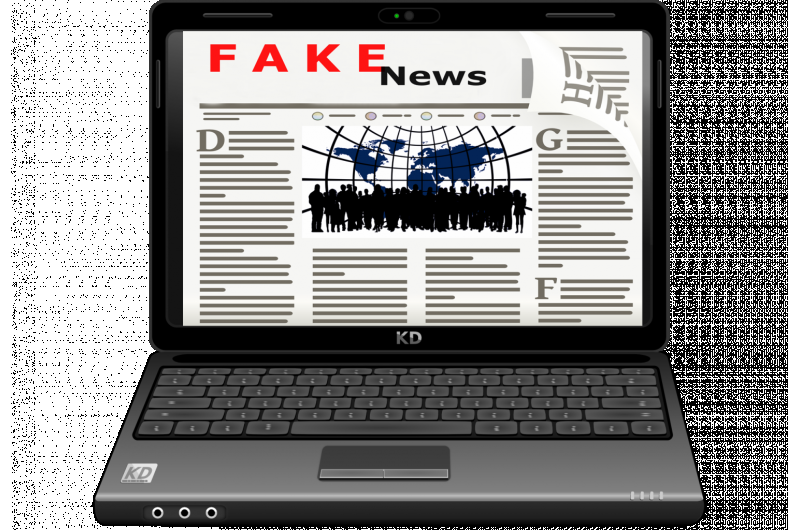May 23, 2017 report
Study suggests people less likely to fact check news when in company of other people

(Phys.org)—A trio of researchers with Columbia University has conducted a series of experiments regarding how much effort people are willing to exert in fact-checking news stories. In their paper published in Proceedings of the National Academy of Sciences, Youjung Jun, Rachel Meng and Gita Venkataramani Johar describe the experiments they carried out and what they found as a result.
The topic of fake news has been in the news a lot of late partially due to its possible impact on the last U.S. presidential election—since that time, public figures such as Mark Zuckerberg, CEO of Facebook, have vowed to cut down or eliminate fake news from social media. Fake news persists because it is used as click bait; unfortunately, it can have unintended consequences, such as people believing the information they find in such articles—this may be more likely to occur, the authors of this new research have found, if the reader is with other people.
In practice, it should be easy to avoid falling prey to fake news—upon reading something that may not sound right, all a person has to do is type a few words and run a Google search. But people do not always behave in logical ways. In this new effort, the research trio sought to better understand fact checking by conducting eight experiments designed to determine under which circumstances people are more or less likely to fact check a news article they have just read. The researchers enlisted the assistance of 200 people, all near 36 years old. In the experiments, the volunteers were asked to read a news article and then to perform some tasks related to their feelings regarding the accuracy of the article.
The researchers report that across all eight experiments, they found the volunteers were less likely to do fact checking when they were in the presence of other people—even if it was indirect, such as on social media. The experiments did not reveal why the people acted as they did, but the researchers suggest it was likely due to one of three things: something they call social loafing, which means the exertion of less effort on a task in the presence of other people; people unwilling to go against social norms; or because of muted responses due to crowd vigilance.
More information: Youjung Jun et al. Perceived social presence reduces fact-checking, Proceedings of the National Academy of Sciences (2017). DOI: 10.1073/pnas.1700175114
Abstract
Today's media landscape affords people access to richer information than ever before, with many individuals opting to consume content through social channels rather than traditional news sources. Although people frequent social platforms for a variety of reasons, we understand little about the consequences of encountering new information in these contexts, particularly with respect to how content is scrutinized. This research tests how perceiving the presence of others (as on social media platforms) affects the way that individuals evaluate information—in particular, the extent to which they verify ambiguous claims. Eight experiments using incentivized real effort tasks found that people are less likely to fact-check statements when they feel that they are evaluating them in the presence of others compared with when they are evaluating them alone. Inducing vigilance immediately before evaluation increased fact-checking under social settings.
Journal information: Proceedings of the National Academy of Sciences
© 2017 Phys.org




















